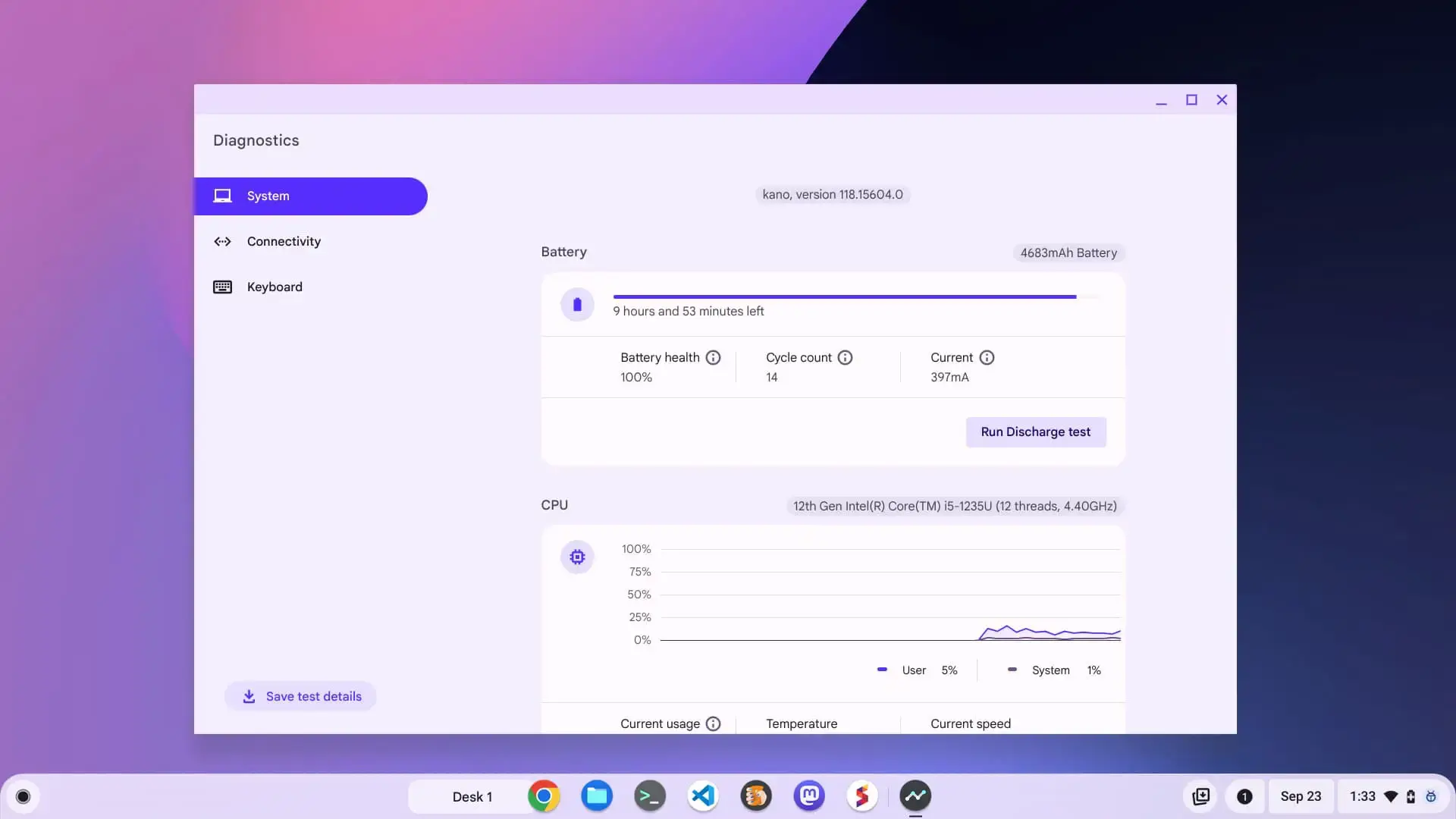literally, all Chrome OS / chromium OS needs to do for me to actually embrace it. is native out of box flatpack support
one issue I might see them having with flatpack, is the permissions right now are handled kind of stupidly IMO. but if those get solved I think flatpack would be a great addition to chromium os ecosystem
As long as you have a Crostini-capable ChromeOS device, you can run flatpacks. This is actually the preferred way to run Firefox (via the Linux Flatpack).
The absolute last thing I’m going to do is use a Google product.
They have the best security of any desktop OS iirc
Forgot the /s
Security, not privacy
ChromeOS has sandboxing, which already puts it miles ahead of Windows and Linux (no, the Flatpak Sandbox doesn’t count)
It’s not the only desktop OS that has sandboxing.
windows sandbox is… getting there, macos is decent but iirc the app dev can choose to not use it. all Linux options require user intervention to ensure it’s set up properly. ChromeOS’ sandboxing technique is inherited from Android and is the strongest/strictest of any desktop operating system.
ChromeOS is Linux with Google’s desktop environment
Always has been. One does not “use Linux” they use an operating system built on top of Linux.
Chrome is not Linux, but Xfce also is not Linux. Gnome is not Linux. KDE is not Linux. Linux is Linux.
There is a common understanding of what a Linux Desktop look like.
Whether you run Gnome, KDE or XFCE, you can install the same software and when you open a terminal you can do more or less the same thing.
ChromeOS however have a completely different user space. A bit like Android, yes it uses the Linux kernel but it’s not what people think about when they talk about a Linux Desktop.
I would definitely get a Chromebook, but only once you can change the default browser from Chrome without needing to do any weird workarounds like Android apps
As someone who has owned a Chromebook for several years, I can tell you that you shouldn’t. Hardware wise it’s hard to beat Chromebooks at their price points, but the complete lack of control over the system is a deal breaker. I don’t have time to list all of the issues I’ve had. In many cases what would have been trivial fixes on a normal Linux system required full reinstalls on chromeOS. Like the time I accidentally filled up the fairly modest system storage. The system refused to allow me to delete anything, requiring a reset just to get local file management abilities back.
I ultimately ended up installing full Linux on it, which ended up being a whole other ordeal due to all of Google’s “security” features.





